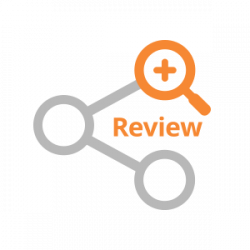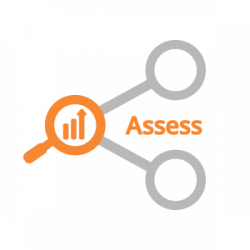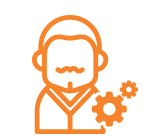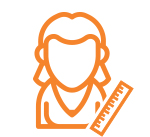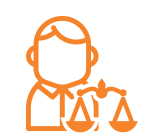Authors/Initiatives
Diane Harley, Sophia Krzys Acord, Sarah Earl-Novell, Shannon Lawrence, C. Judson King
Copyright: Center for Studies in Higher Education, UC Berkley
Short Description
Since 2005, the Center for Studies in Higher Education (CSHE), has been conducting research to understand the needs and practices of faculty for in-progress scholarly communication (i.e., forms of communication employed as research is being executed) as well as archival publication. This report brings together the responses of 160 interviewees across 45, mostly elite, research institutions in seven selected academic fields: archaeology, astrophysics, biology, economics, history, music, and political science. The overview document summarizes the main practices explored across all seven disciplines: tenure and promotion, dissemination, sharing, collaboration, resource creation and consumption, and public engagement. In this report, readers can search various topics within and across case studies. The report identifies five key topics, addressed in detail in the case studies, that require real attention:
Tags: open peer review peer review scholarly communication open access report





